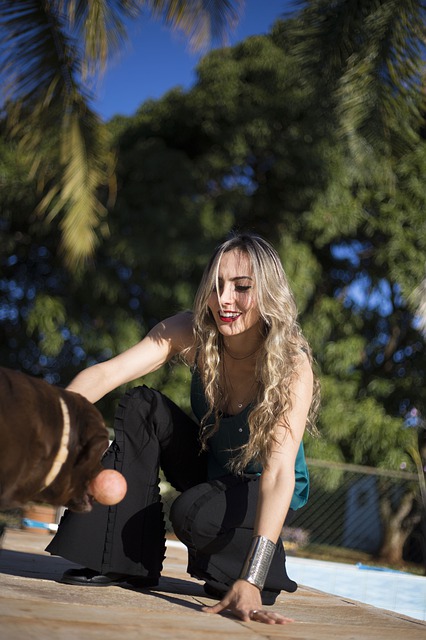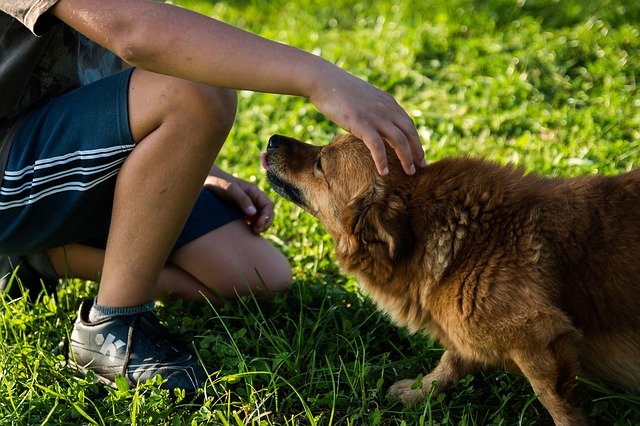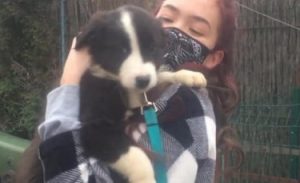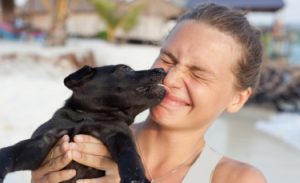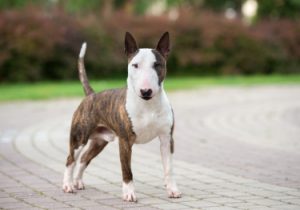There are a number of guidelines to follow when approaching an unfamiliar dog. These few points help ensure that the meeting goes as well as possible.
A dog that you cross in the street must be approached with skill. Although he is a very friendly and playful dog, certain missteps can frighten him and put him on his guard. It is therefore preferable to adopt the right attitude towards an unfamiliar dog if you want to have a good time with him.
Here are 10 guidelines to follow in order to approach an unknown dog.
1. Do not pet a dog who seems nervous
Sometimes a dog does not want to be approached.
You can understand this by observing his nervous attitude. It is then advisable to respect his refusal.
If, on the contrary, the dog seems enthusiastic and relaxed, it means that he is open to encounters.
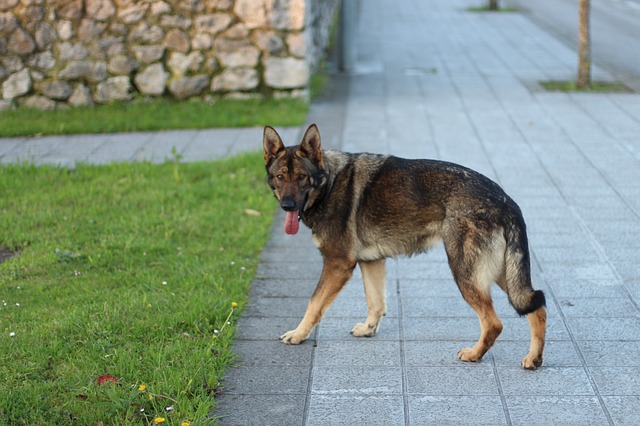
2. Favor caresses rather than hugs
Hugs don’t always mean the same for humans as they do for dogs. In some cases, hugging a dog can put him under great stress. The dog can then become aggressive and the situation can become dangerous. This is why we must take this into consideration when we are in the presence of a dog that we do not know.
It is also advisable to explain to children that the way they express their affection towards a dog should not be done by cuddling.
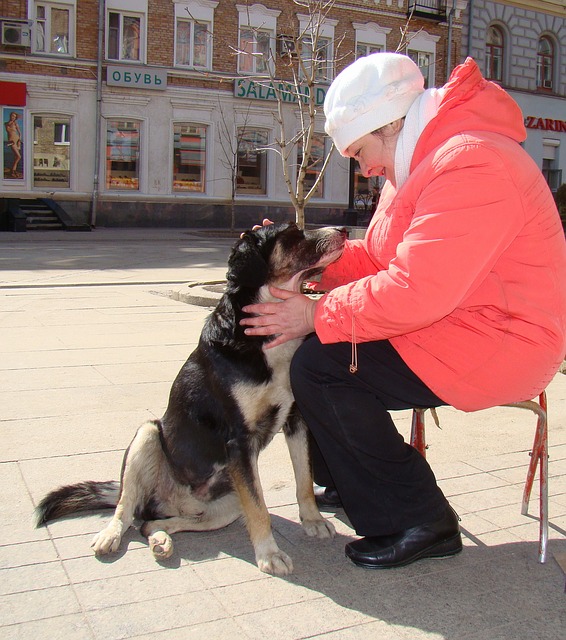
3. Caress them under the chin
When you feel that you can finally approach a dog, it is better to start petting under the chin.
First, it’s a way to protect yourself from a possible bite. It is also reassuring to the dog who might see a threat when they see a hand lower on their head.
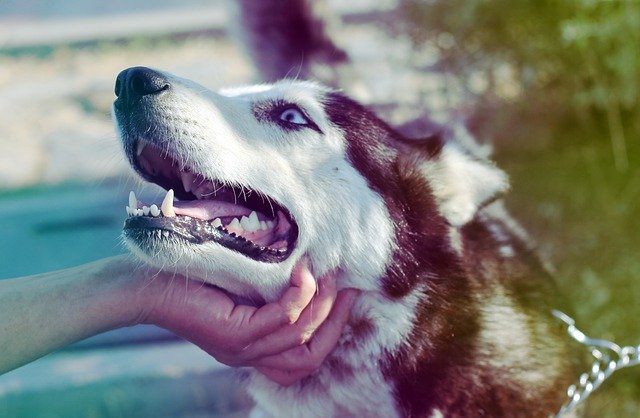
4. Take into consideration their safety zone
When the relationship of trust appears to have been established, the dog continues to need a certain safety distance between him and the individual.
Indeed, when you squat down to pet the dog, it is advisable to respect its space. By doing this, we allow him the freedom of movement that is necessary for him to feel safe.
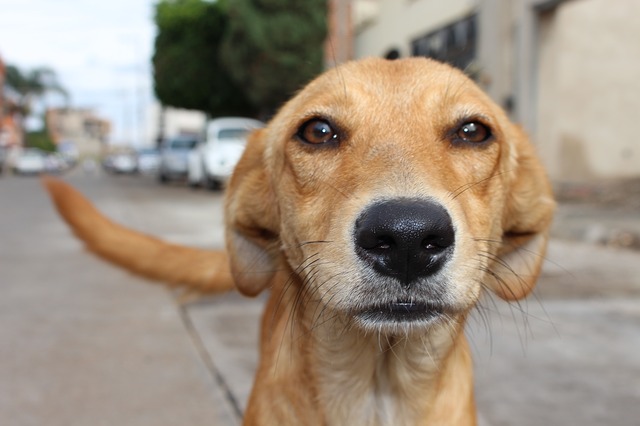
5. Protect your fingers when you let them sniff your hand
Faced with an unfamiliar dog, you have to establish olfactory contact by letting the animal sniff your hand.
However, for safety reasons, it is best to avoid offering the palm of your hand as well as your fingers. Although the encounter seems to be going well, the animal remains suspicious as it is facing a stranger that it is still inspecting. He could then have an unexpected reaction. Presenting an almost closed fist is therefore recommended.
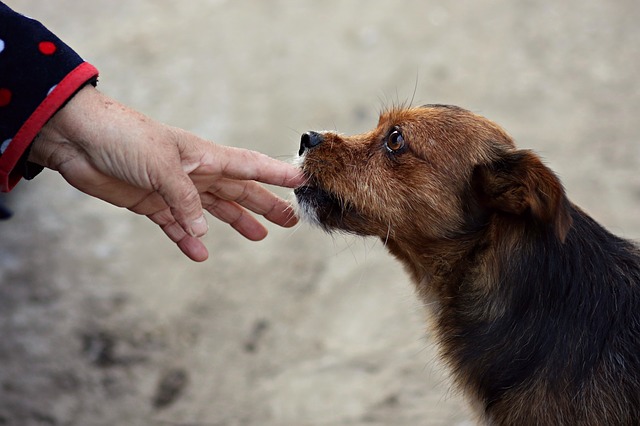
6. To stroke them, do not place your hand above their head.
Although it is not general, some dogs feel threatened when it comes to petting them above the head.
In this case, the dog may be angry and his reaction aggressive. It is therefore strongly recommended to present your hand from below, and gently.
7. Let them come to us
Just as important as sight is the sense of smell in dogs. It is through this that he comes to grasp and understand the world around him.
A piece of advice from the experts would therefore be to let an unknown dog come to us, instead of going to meet him. By letting him sniff his legs and hands, the final decision will be up to the dog. He will be able to decide freely if he wants to let himself be caressed or not.
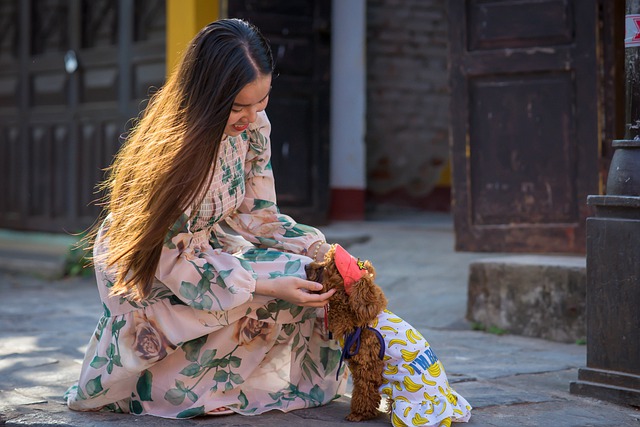
8. Don’t look them straight in the eye
As with humans, eye contact can make the dog uncomfortable.
Once its owner has given permission to stroke it, contact can then be initiated. The approach should also be from the side, so as not to intimidate the dog by a frontal approach.
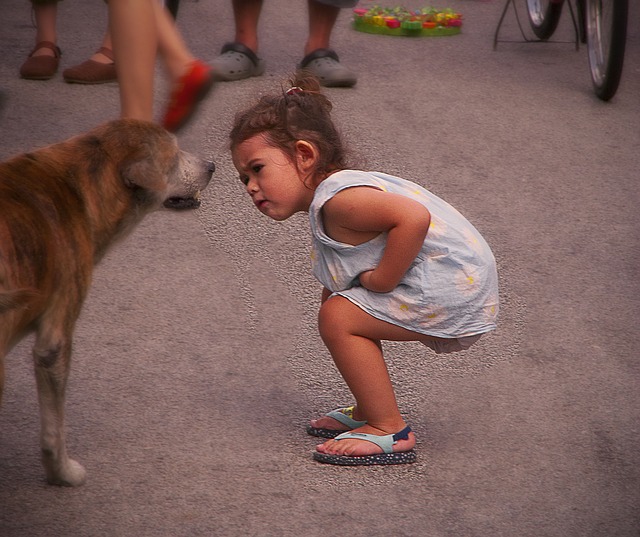
9. Request permission from the owner of the animal
Asking the dog’s owner for permission before approaching the animal is helpful for several reasons.
First, we will be warned if the dog is aggressive and if it is better to go his way or if there are certain specific instructions in order to approach him. It is also a way of respecting the dog and making him feel safe.
Read also: The oldest dog in a shelter receives a standing ovation when he leaves to join his new family (video)
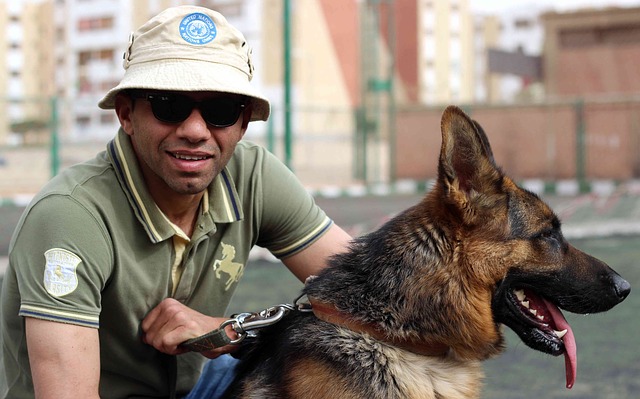
10. Do not run to pet them
When you see a dog that you want to pet, it is not recommended to approach it brutally and quickly.
You just have to imagine an individual who would suddenly stop us in the street to approach us in order to understand how this can stress the animal. We must therefore stay away and give the dog the opportunity to see that he is not in danger.
